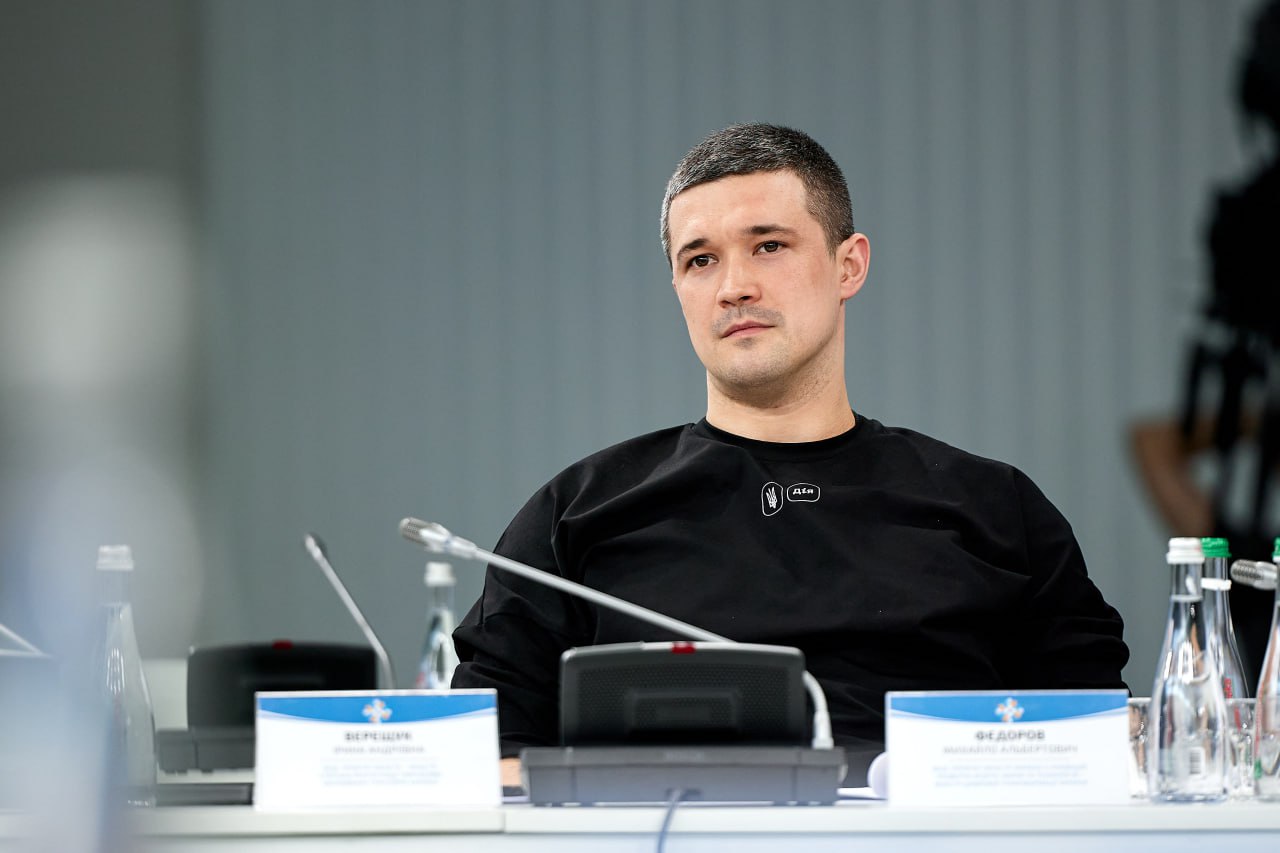Ukraine unveiled a new long-range weapon called the Palianytsia, a combination of missile and drone that reportedly costs less than $1 million per unit, according to Minister of Digital Transformation Mykhailo Fedorov.
In an interview with The Associated Press, Fedorov described the weapon as a potential "game changer" that will allow Ukraine to "strike where Russia doesn't expect it today." He didn't specify the weapon's range or current supply, citing security concerns.
The development of the Palianytsia comes as Ukraine seeks to counter Russia's dominance of the skies since the start of the war in February 2022. Ukrainian officials say the weapon was created out of urgent necessity, as Western allies placed restrictions on the use of their long-range missiles inside Russia.
"Defenders of life should have no restrictions on weapons, as long as Russia uses all kinds of its weapons," President Volodymyr Zelenskyy said in a Telegram message following recent Russian attacks on Ukraine's electrical infrastructure.
The Palianytsia reportedly has a range of up to 700 kilometers (430 miles), comparable to the US-supplied ATACMS missiles. The video indicated the weapon could potentially reach at least 20 Russian airfields.
Defense Minister Rustem Umerov said that the Palianytsia would be used again soon in response to overnight attacks on Ukraine. "Ukraine is preparing its response. Weapons of its production," he wrote on Facebook.
The AP, citing a specialist, reported that the Palianytsia is "a completely new development, from scratch" that began about 18 months ago. The missile reportedly uses a solid-fuel booster for initial acceleration, followed by a jet engine.
Fedorov emphasized the role of the private sector in developing the new weapon, saying, "The private market generates solutions incredibly quickly." He added that private companies have become the main suppliers of drones for the Ukrainian army this year.
The Institute for the Study of War reported that at least 250 militarily significant targets in Russia are within range of ATACMS missiles, but current restrictions allow Ukraine to strike only 20 of them.
Read also:
- Ukrhydroenergo: No flood risk from Kyiv hydroelectric plant after Russian strike
- Ukraine finds cluster munitions in Zhytomyr Oblast following Russian missile strike
- UK, Germany sign declaration, promising to sustain “our support to Ukraine and boosting European defence”

